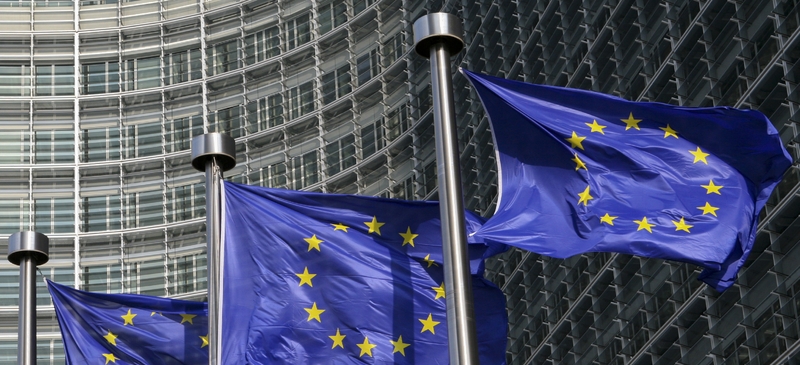
The EU's Court of Auditors: Europe's sleeping giant?
Veteran EU watchers consider the Union's budget as unreformable: a ritualistic doling out of public money into the pockets of farmers, MEP's expense accounts and the salaries of EU officials. In return, the popular narrative goes, Europe gets more expensive food and daft rules on olive oil and cucumbers.
The public perception of waste and graft is largely wrong, at least as far as the money spent directly by EU adminstrators goes. In reality, only 8 per cent of the €130 billion annual budget is spent on administration in Brussels. According to the Union's 'Court of Auditors', corruption in this most closely scutinsed area of EU spending is negligible.
The Luxembourg-based Court is responsible for ensuring that EU money is spent in a “lawful and regular manner” and for ensuring that various European programmes and agencies are under sound financial management. It has given a totally clean bill of health to the monies spent directly by the EU administration for the last five years. What the Court has not signed off for many years are the Union's overall accounts. But this is due to the uneven application of public procurement rules across the member-states, which account for around 90 per cent of EU spending. One idea to help correct the public record would be for an independent organisation like Transparency International to rank the EU administration alongside its member governments in its influential Corruption Perceptions Index each year. But the Court of Auditors itself needs to be over-hauled, if the EU is to build up an international reputation for spending money well, transparently and honestly in the longer term.
The Court does a passable job for an organisation with a very wide mandate. In 2012, its reports on EU spending brought to light conflicts of interest (say, where a European official leaves for a lobbying job in the industry of which they were the former regulator) in the drugs, food, chemicals and aviation industries. It has also shown up where EU subsidies are chronically inefficient, such as the cases in certain countries where most payments undrer the common agricultural policy go to the richest farmers.
But the institution is too passive, takes too long to produce its studies (an average of 2.5 years for each) and does not the right powers or culture to be a bona fide corruption and financial management watchdog. The potential of the Court of Auditors is huge but it remains a sleeping, bumbling giant. The Court's auditors do not even have the powers of the lesser known European Ombudsman, which has a wider investigative remit and a modest record of dealing with complaints from the public. Some of the functions of the EU's troubled anti-fraud office, OLAF, should be transferred to the Court to become its Brussels-based fraud investigation unit. And the Court should split up its 'statement of assurance' on EU spending, so the results of audits are separate for each EU institution. In this way, the entire European administration should not be considered corrupt by default when a fault is found in a single area.
Only two of the Court's 27 auditors are professionally qualified accountants. (It is too often a roosting place for former senior civil servants or politicians who have come out on the losing side in national power games.) Furthermore, members are paid the same as a European Commissioner and therefore cost the tax payer around €1 million each a year (when pension and other benefits are included). But there is no need for every country to nominate its own auditor and the expense saved by not doing so would allow the body to move to more thorough analysis of EU spending, beyond examining mere samples, as currently happens.
The drive for real reform could well be the way in any case: public demand for a better functioning EU is likely to rise in line with the current wave of euroscepticism in evidence across the continent. Sooner or later this, along with the waxing and waning eurozone crisis, is likely to trigger a wholesale renegotiation of the EU treaties and a re-ordering of the Union's institutions.
In any future treaty change, the Court's nationally appointed auditors should be replaced with a single European Auditor General with a decent-sized support staff. EU leaders should appoint the Auditor General on the recommendation of a special committee made up of professional auditors, including at least two non-Europeans. (A similar committee for the vetting of nominees to the European Court of Justice already works well although it contains no non-Europeans.)
The EAG should have powers to investigate bone fide complaints from the public, take evidence from whistle-blowers and audit the ever-more powerful European Central Bank. It should make reports of special importance directly to EU leaders. If the EAG establishes a good enough reputation for holding EU spending to account, it is not outside the bounds of reality that it could become the genesis of a real European treasury for the eurozone in future years. After all, to quote President Barroso of the European Commission, these are the days when political science fiction will become reality.
